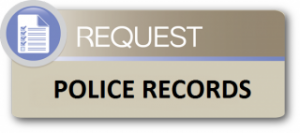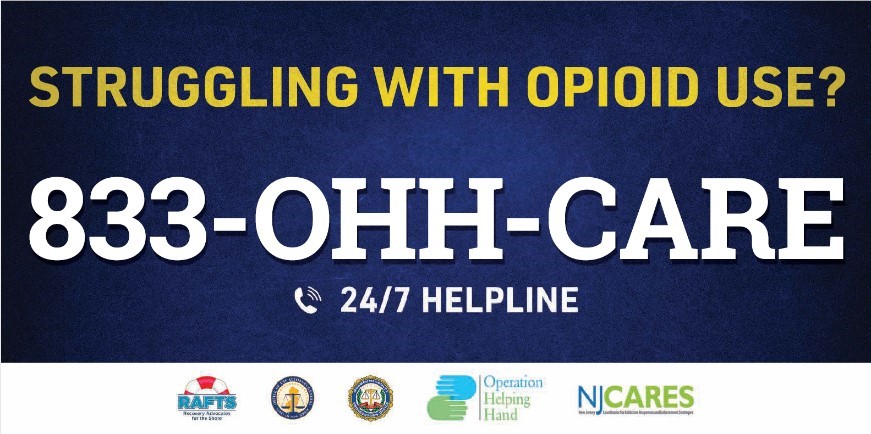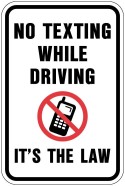IRS Phone Scam
The Wall Township Police Department warns residents about a sophisticated phone scam targeting taxpayers throughout the country.
We want to educate residents so they can help protect themselves. The Internal Revenue Service (IRS) generally first contacts people by mail – not by phone – about unpaid taxes and the IRS will not ask for payment using a prepaid debit card, a money order or wire a transfer. The IRS also will not ask for a credit card number over the phone. The callers who commit this fraud often:
- Utilize an automated robocall machine.
- Use common names and fake IRS badge numbers.
- May know the last four digits of the victim’s Social Security Number.
- Make caller ID information appear as if the IRS is calling.
- Aggressively demand immediate payment to avoid being criminally charged or arrested.
- Claim that hanging up the telephone will cause the immediate issuance of an arrest warrant for unpaid taxes.
- Send bogus IRS e-mails to support their scam.
- Call a second or third time claiming to be the police or department of motor vehicles, and the caller ID again supports their claim.
If you get a phone call from someone claiming to be from the IRS asking for payment, here’s what you should do:
- If you know you owe Federal taxes, or you think you might owe taxes, hang up and call the IRS at 1.800.829.1040. The IRS employees can help you with your payment questions.
- If you know you do not owe taxes, fill out the “IRS Impersonation scam” form on TIGTA’s website, tigta.gov, or call the Treasury Inspector General for Tax Administration at 1.800.366.4484.
- You can also file a complaint with the Federal Trade Commission at FTC.gov. Add “IRS Telephone Scam” to the comments in your complaint.
Residents should be aware that there are other unrelated scams (such as a lottery sweepstakes) and solicitations (such as debt relief) that fraudulently claim to be from the IRS.
Please remain vigilant against phone and email scams that use the IRS as a lure. The IRS does not initiate contact with taxpayers by email to request personal or financial information. This includes any type of electronic communication, such as text messages and social media channels. The IRS also does not ask for PINs, passwords or similar confidential access information for credit card, bank or other financial accounts. Recipients should not open any attachments or click on any links contained in the message. Instead, forward the e-mail to phishing@irs.gov.
More information on how to report phishing scams involving the IRS is available on the IRS website, IRS.gov.
For any additional information please contact the Wall Police Public Information Officer:
Detective Lieutenant Greg Carpino #130
(732) 449-4500 ext 1130















